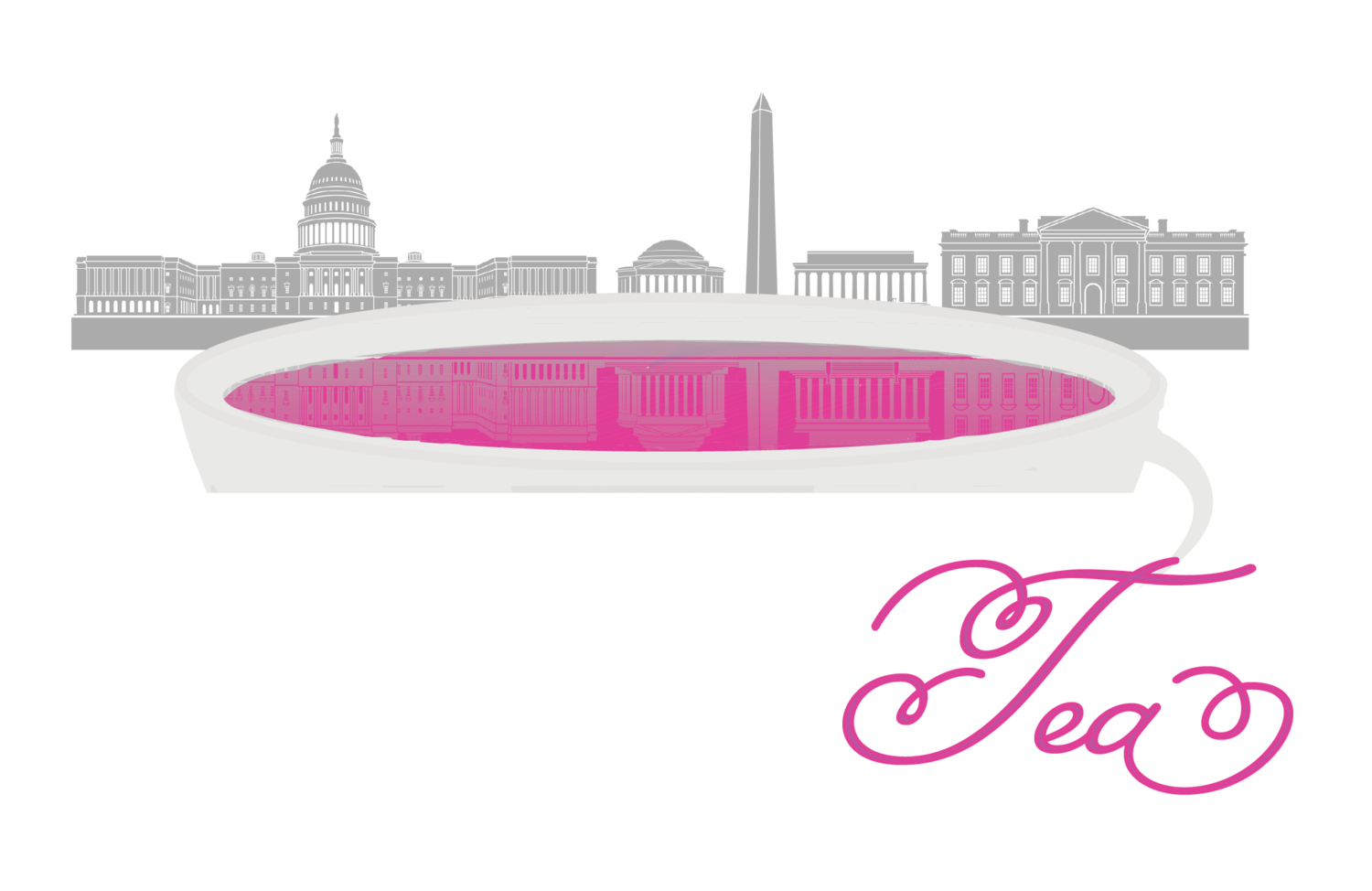Why some States are not willing to Comply with the Voter-fraud Commission
By: Kaitwan Jackson
May 11, 2017 birthed the Presidential Commission on Election Integrity. The commission is chaired by Vice President Pence and vice-chaired by Kris Kobach (Kansas’ Secretary of State). The commission arose in response to President Trump’s loss of the popular vote (number of people that vote for a specific candidate/party) during the 2016 election. President Trump blamed his loss on the over 3 million illegal voters in the United States.
photo via WHS
To eliminate this issue the commission will gather state’s voter rolls and look for information that can or has already led to voting fraud. Voter registration rolls often list the names of the deceased or former US residents, depending upon when officials choose to sort out no longer eligible voters. There is currently speculation that this excess amount of voters on the rolls has allowed for errors and fraud regarding voting. The Trump administration also believes greater regulations need to be created to prevent illegal citizens from voting in elections; this has currently not posed a major problem in U.S. elections.
Created to study information regarding state voters, the commission has sparked serious controversy. On June 28, the commission released a letter to all 50 states and the District of Columbia, requesting public voter information; this information is usually available upon a voter’s request, but at a fee. Information requested includes: voter’s full name, address, political party, past voting history (2006 to present), birthdates, and last four digits of Social Security number. Yes, you read that right, the last four digits of your Social Security number. Once the data has been compiled into the commission’s database it will become publicly available.
It is no fairy tale that the federal government can be hacked. With such valuable information being placed in a public format, many fear that voters will be open to identity theft and blackmail. The commission also lacks the availability for individuals to opt out, meaning if your state decides to report your information then it will be sent. For these reasons, many states such as Virginia and California are refusing to comply with the commission’s information request. California is especially distrusting toward the request, because the state was accused of having over 1 million illegal voters and by complying it would make California appear to confirm the claim. In response to the request and allegations California Secretary of State (Alex Padilla) responded, “I will not provide sensitive voter information to a commission that has already inaccurately passed judgment that millions of Californians voted illegally,” Padilla said in a statement.”
Opposition toward the commission is continuously growing. Many believe that reports of voter fraud are baseless claims stemming from Trump's hurt ego of not winning the popular vote. It has been remarked a waste of taxpayer money, because research reveals that voter fraud is not a major issue currently. Many state officials are dissatisfied with Kobach being given a leadership position within the commission, because of actions within his state (Kansas). He has been noted for strengthening voting qualifications to a point that it drives away those eligible to vote, and many are fearful this can occur on a national level.
The Commission hopes to receive state responses by July 14, but states are not impressed with the intent of the commission and feel voter suppression will ensue. The current agenda of the commission provides the outline for what could create strong federal regulations on how states validate eligibility to vote. Without current data to show that voting practices need a fix, states are untrusting of releasing information more than what is already publicly available. With such varied decisions about the request, the response is not what the commission intended.




